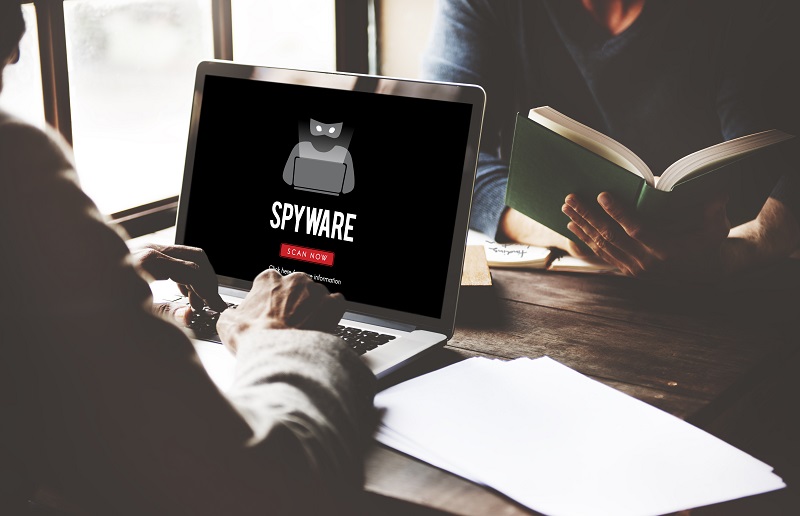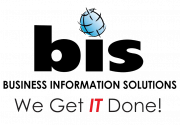Is your computer not booting up as fast as it once did? Are some programs taking much longer to start than before? As the number of Internet users increases worldwide, so does the number of malicious Spyware infections.
One specific type of malware is spyware, and as the name suggests, it is deceitful, insidious, and dangerous. Spyware is a form of malware that is installed on your computer without your knowledge. Once installed, it begins collecting your private information. Although technically not a virus, it can still seriously damage your computer’s performance.
If you are experiencing any of the following symptoms, there’s a strong chance your computer has been infected. If that’s the case, you’ll need professional help removing the spyware.
#1. Homepage hijacking:
Your Internet browser opens up to a strange-looking homepage. You may notice that you cannot modify your browser settings and your favorites folder has been modified.
#2. Redirected web searches:
You conduct a search, but another (unauthorized) browser pops up and completes it for you. If you try to remove it, it immediately returns. This is most definitely a spyware infection.
#3. Performance problems:
Your computer has a reduction in connection speeds, or it freezes and crashes frequently. Since spyware programs run in the background, they take up valuable disk space and can cause serious speed and performance problems.
#4. Inundation of Pop-up ads:
There is a constant onslaught of pop-up ads on your screen, even if you are not online. Some of the ads may even be personalized with your name.
#5. Expensive phone bills:
Using your computer, some spyware programs can make calls to 900 numbers on both a broadband and dial-up line.
#6. Overly active modem activity:
Lights on your modem blink when they shouldn’t, suggesting that a high amount of web surfing, downloading, or other activity is taking place. This can even happen when you are offline. Often, spyware programs send and receive information via your computer without your knowledge.
#7. Files mysteriously change:
Files unexpectedly appear, move, or disappear on your computer. Icons on your desktop and toolbars are blank or missing.
#8. CD tray with a mind of its own:
Your CD drawer opens and closes by itself.
#9. Unidentified sent emails:
You see emails in your sent folder that you didn’t send.
The best defense against spyware is a combination of elimination and prevention. Anti-spyware software (not to be confused with anti-virus software) can effectively detect and remove spyware, but only preventative measures can protect your computer from future infections.
Important prevention measures:
• Only download programs from websites you trust.
• For any software you download, read all security warnings, license agreements, and privacy statements.
• Never click “agree” or “OK” to close a window. Instead, click the red “x” in the corner of the window.
• Be wary of popular “free” music and movie file-sharing programs, and be sure you understand all of the software packaged with those programs.
The implementation of a strong anti-spyware defense is critical to every organization. We highly recommend having your computer’s browser and security settings reviewed by a professional to safeguard against unwanted programs. To mitigate the impact of a spyware attack on your desktop and mobile devices, and to put preventative monitoring measures in place, contact BIS IT Support to schedule a free vulnerability scan of your network.
BIS is dedicated to raising awareness on how to prevent such malware issues. We will be hosting an educational cyber security luncheon sponsored by Barracuda Networks and BIS on June 9th at Wolf Bay Lodge in Foley, Alabama, from 11:30 AM to 1 PM. We extend this invitation to all members of our community, as the more knowledge a business has about the ways to defend against such threats, the better our community is as a whole. You can register for this luncheon here.
[code-snippet name=”disable-blog-featured-image”]


